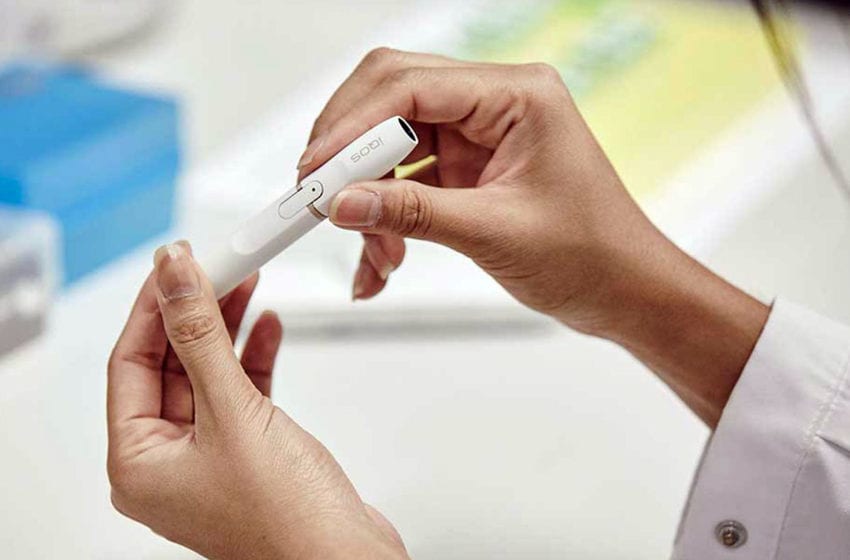
Essentra FZE Co., a subsidiary of Essentra PLC incorporated in the United Arab Emirates, has agreed to pay a $665,112 fine and enter into a deferred prosecution agreement with the U.S. Department of Justice (DOJ) for conspiring to violate the International Emergency Economic Powers Act and defrauding the United States in connection with evading sanctions on North Korea, according to a DOJ news announcement.
The public filing against Essentra FZE is the first-ever Department of Justice corporate enforcement action for violations of these regulations. Essentra FZE has also entered into a settlement agreement with the U.S. Treasury Department’s Office of Foreign Assets Control.
“This is an important case as it demonstrates the FBI will not hesitate to hold businesses accountable for violating sanctions involving North Korea,” said Alan E. Kohler Jr, assistant director of the FBI’s counterintelligence division. “We will aggressively go after enterprises using front companies, false documents, or other illegal methods to evade sanctions. We want North Korea and private industry to know that efforts to dodge our laws will never be tolerated as business as usual.”
According to admissions and court documents, beginning in at least October 2017 and continuing until at least December 2018, Essentra FZE deceived banks in the U.S. and in the UAE into processing transactions for a North Korean tobacco company. Essentra FZE and its co-conspirators utilized financial cutouts and front companies to conceal the North Korean nexus, as well as falsified shipping records, according to the DOJ.
In a statement published on its website, Essentra PLC said none of the transactions were approved or known by senior management outside of the UAE and both employees have since been exited from the business.
“A very thorough and in-depth investigation has been carried out to fully understand the root cause of the issues we have seen,” said Paul Forman, CEO of Essentra PLC. “We have made a very significant investment of both time and money, which has now equipped us with enhanced protection against any potential future issues of this nature.”
















